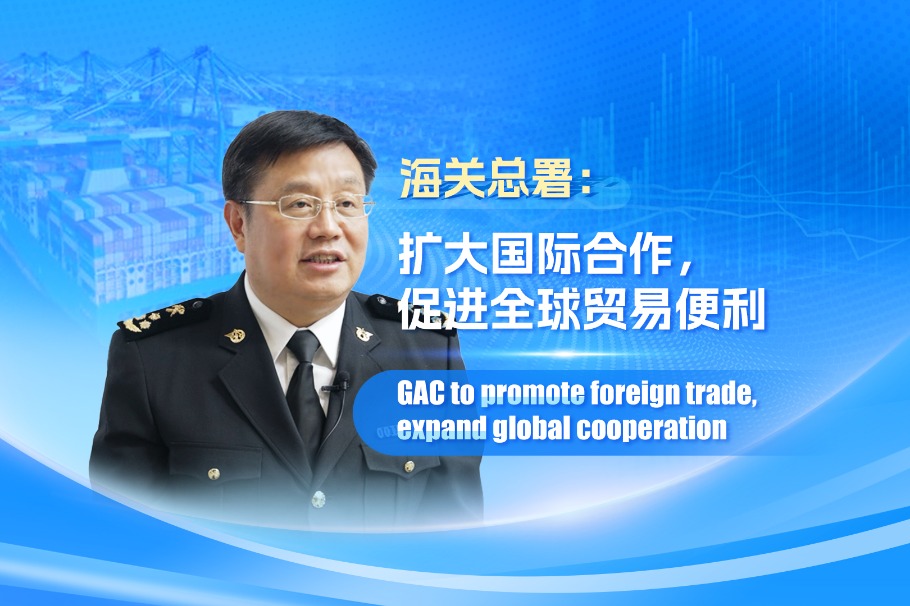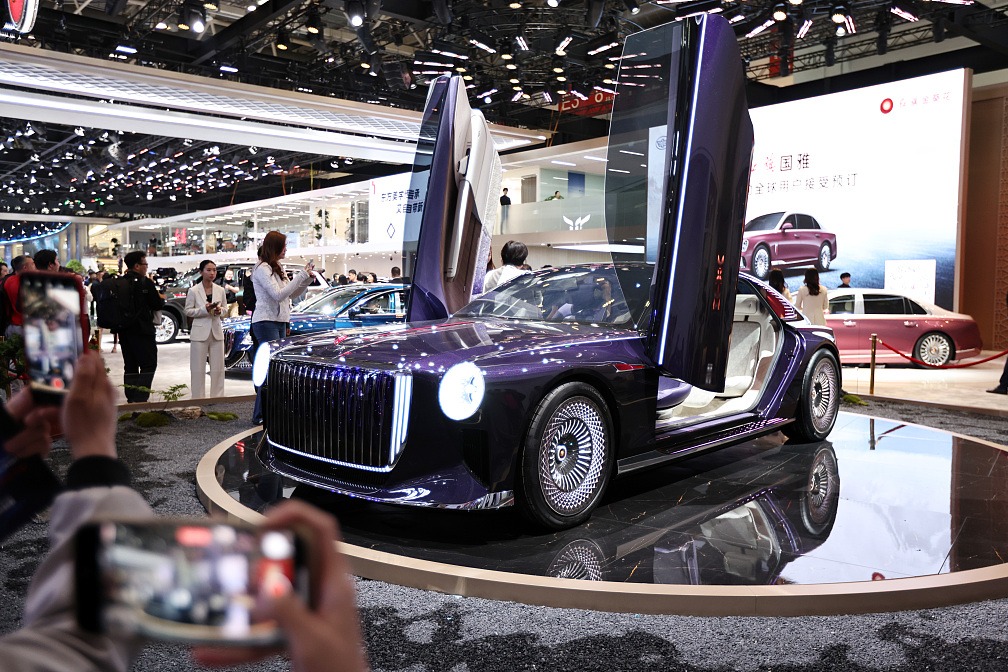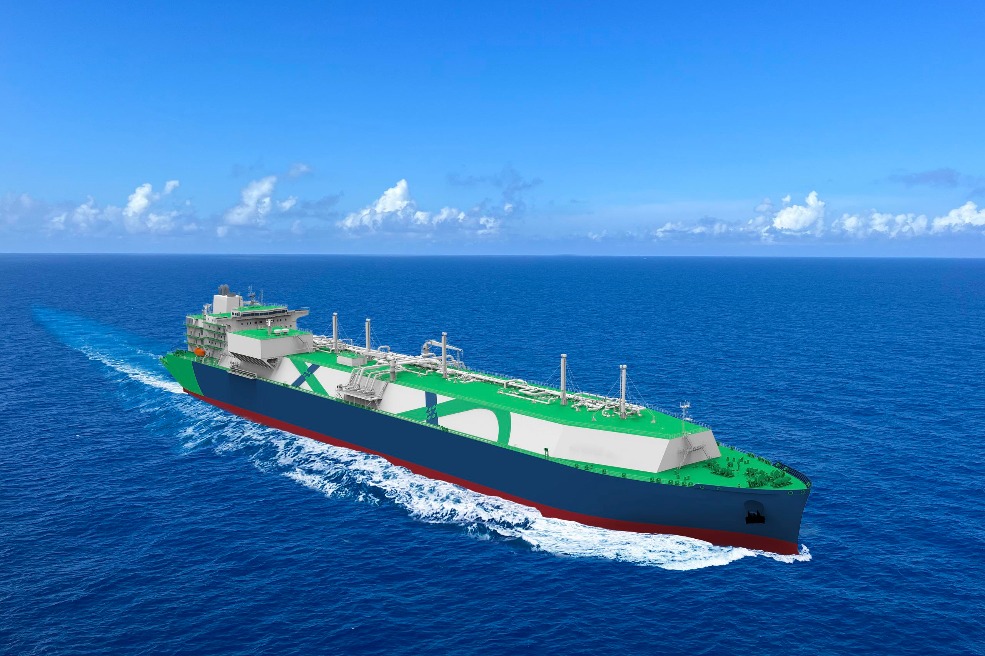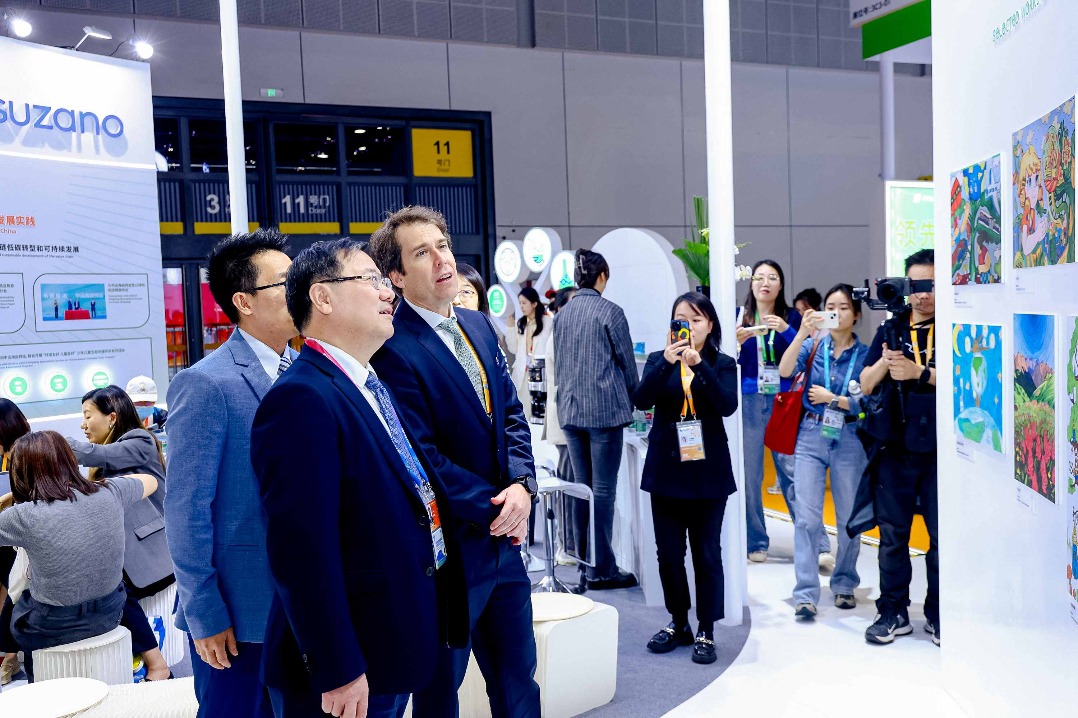The jingle that tells the story

Towngas - HK's pioneering utility - is probably unrivaled in the city's corporate history. Managing Director Alfred Chan Wing-kin tells Duan Ting how the enterprise has sunk its roots here over a century and a half.
Hong Kong's first public utility - the Hong Kong and China Gas Co Ltd (Towngas) - is probably unequalled when it comes to Hong Kong's interminable corporate history.
The company, now in its 155th year, had started off way back in 1862 - 36 years before the British and Chinese governments inked the Second Convention of Peking that granted Britain a 99-year lease of governance over Hong Kong, the New Territories and the outlying islands.
As one of the oldest locally listed conglomerates, Hong Kong and China Gas has been growing with the city. It became a household name in modern Hong Kong in the 1970s and 1980s as the company's famous commercial ditty blared into homes nightly during prime television viewing time, exalting the virtues of a clean and fresh environment with the onset of the gas era. It was a fantastic display of commercial sense with few families out of earshot at the dinner table.
Alfred Chan Wing-kin, who helms the utility arm of property magnate Lee Shau-kee's business empire, recalls Hong Kong's pivotal post as a paramount shipping harbor in 1862, linking East and West, when gas was the only available option in getting homes and offices lit up. There were only two technologies to think of - how to turn coal into gas and then use it for lighting.
"The business of Towngas started from there," he chronicles.
Towngas emerged as a business entity in 1862 when British merchant William Glen won the concession to supply gas to the city of Victoria (now Central) and the major investors in the newcomer to the gas industry were British.
"In the early colonial days, the gas lighting trade was quite rare, but people wanted to have gas pipelines. We had numerous requests to install gas lines so our business developed across the harbor from Hong Kong Island to Kowloon as well," Chan tells China Daily.
The turning point came nearly three decades later when electricity was made available on Hong Kong Island with the birth in 1890 of Hong Kong Electric Co, which today remains as one of the city's two main power generation enterprises.
With electricity coming on then as the main source of power, Chan says gas companies like Towngas came under threat. "So, Towngas extended its business by providing for greater use of gas in homes, such as for cooking, water heating and commercial use."
He recalls Hong Kong's early days as, basically, a fishing village and most people knew only wood as solid fuel. The gas business was, thus, minuscule.
Turning the tide
The founding of the People's Republic of China in 1949 turned the tide as Hong Kong's population surged on a mass influx of people from the mainland, giving rise to new industries. The Hong Kong government was forced to build more gas pipelines in the New Territories to cope with a swelling population and new businesses.
Towngas saw explosive growth in the 1970s and 1980s by which time local business interests had begun to take majority control of the company.
Setbacks occurred in the 1990s as the mainland began opening up, luring some industries and factories to quit Hong Kong for Guangdong province. Towngas found itself in the rut as competition from other businesses, including electricity companies, mounted. It had to look beyond to survive, with the mainland offering the most viable option in 1992.
Chan joined the ranks at Towngas the same year the company decided to test the waters north. He was offered that crucial role. In 1994, Towngas became one of the first Hong Kong enterprises to team up with a State-owned business in Guangzhou's Panyu district, followed by a second joint venture in Zhongshan. Both undertakings were bellwethers for its future mainland endeavors.
"Surprisingly, we were satisfied as we found the Chinese mainland had begun to modernize and people appreciated our services. Thus, we were growing very fast and there were no problems working with relevant government departments in terms of safety standards, setting up pipelines and so on," reminisces Chan.
As natural gas was non-existent when they made their mainland foray, the company had to pump liquefied petroleum gas through pipelines instead of delivering it to clients in bottles.
Gas pipeline boost
Another breakthrough came when then-premier Zhu Rongji launched the 4,000-kilometer-long West-East Gas Pipeline in 1992 after huge natural gas reserves were found in the southern Xinjiang Uygur autonomous region that were initially enough to feed serial provinces. The pipeline, built at a cost of $17 billion, runs through the country's heartland across nine provinces from Xinjiang to the financial hub of Shanghai in the east.
It was perfect opportunity, says Chan, for Towngas to inject capital into the natural gas business. The first city it managed to get itself aligned with the system was Suzhou in Jiangsu province. "That was a very good experience for us and the whole picture changed."
By 2008, Towngas had immersed itself in new energy businesses on the mainland, including converting carbon dioxide into other chemicals, and had started research and development centers in Shanghai and Suzhou.
"The Chinese mainland is such a huge market with natural resources and many industries, plus a large population, while Hong Kong is just one city. But, we do need to use Hong Kong's capital and entrepreneurial spirit efficiently," says Chan.
Since its debut on the mainland in 1994, Towngas now has 241 projects in 26 provinces, autonomous regions and municipalities and another in Thailand.
On the home front, it supplies town gas to more than 1.8 million customers via a network consisting of some 3,500 km of gas pipes and providing a full range of gas applications.
The company went into the telecommunication sector in Hong Kong in 2004 and five years ago on the mainland. Currently, it runs two data centers in the SAR and four others on the mainland to monitor gas pipelines.
"Innovation is important," stresses Chan, and Towngas is focusing on the efficient use of new energies in various areas.
He believes Hong Kong still has vast opportunities in the region's technology and innovation development as the city has major universities producing lots of talents each year, and they're also open to students from the mainland and overseas who can work in Hong Kong.
Gas companies, he's confident, stand to benefit from the Belt and Road Initiative as it helps the mainland's industrial output, and Towngas is on the lookout for opportunities to build gas systems in the Belt and Road countries and regions.
Contact the writer at
tingduan@chinadailyhk.com
(HK Edition 06/23/2017 page1)






























